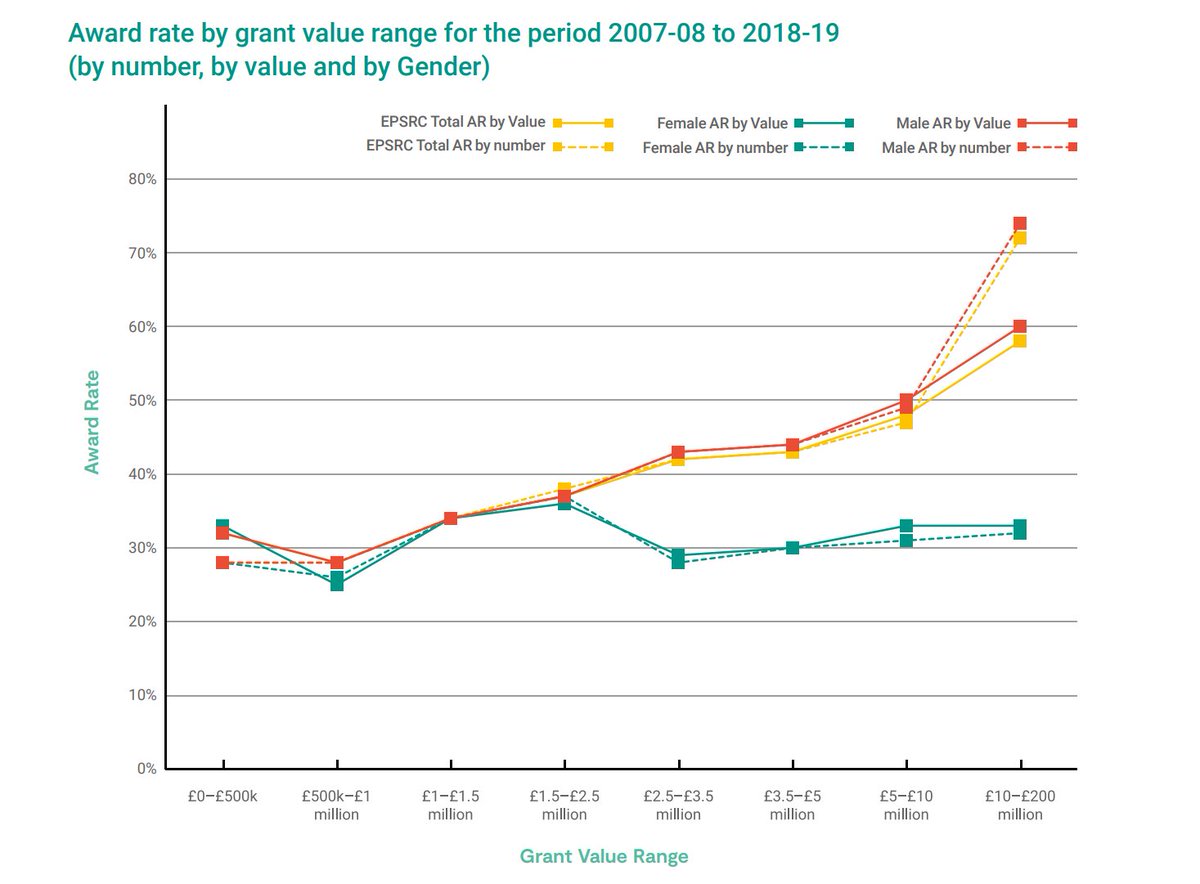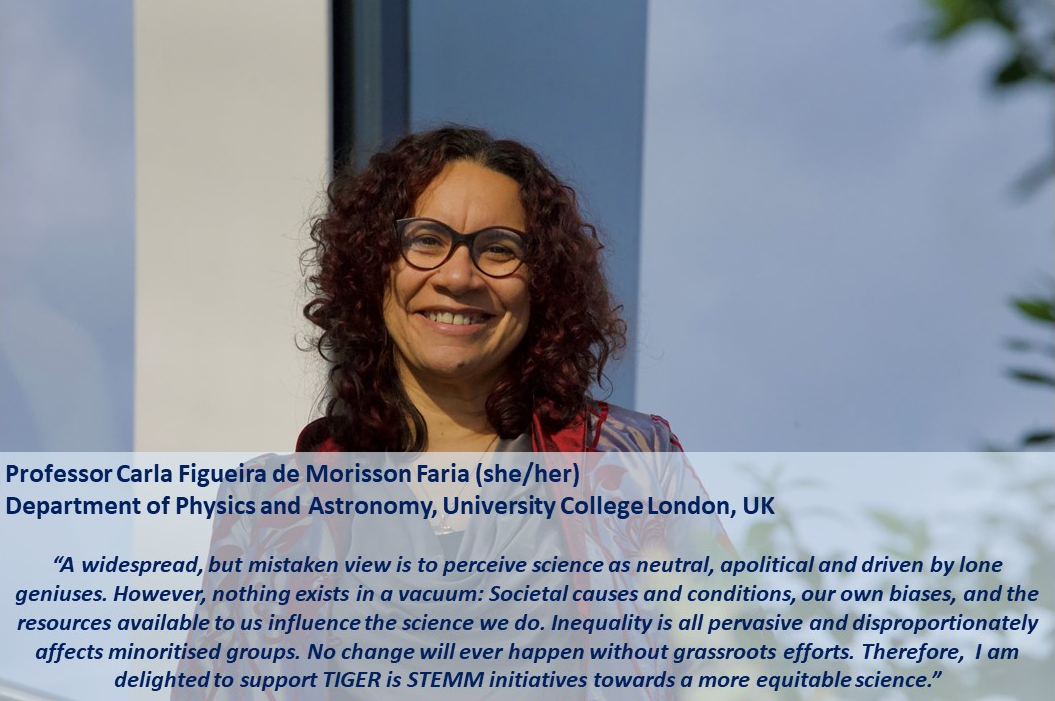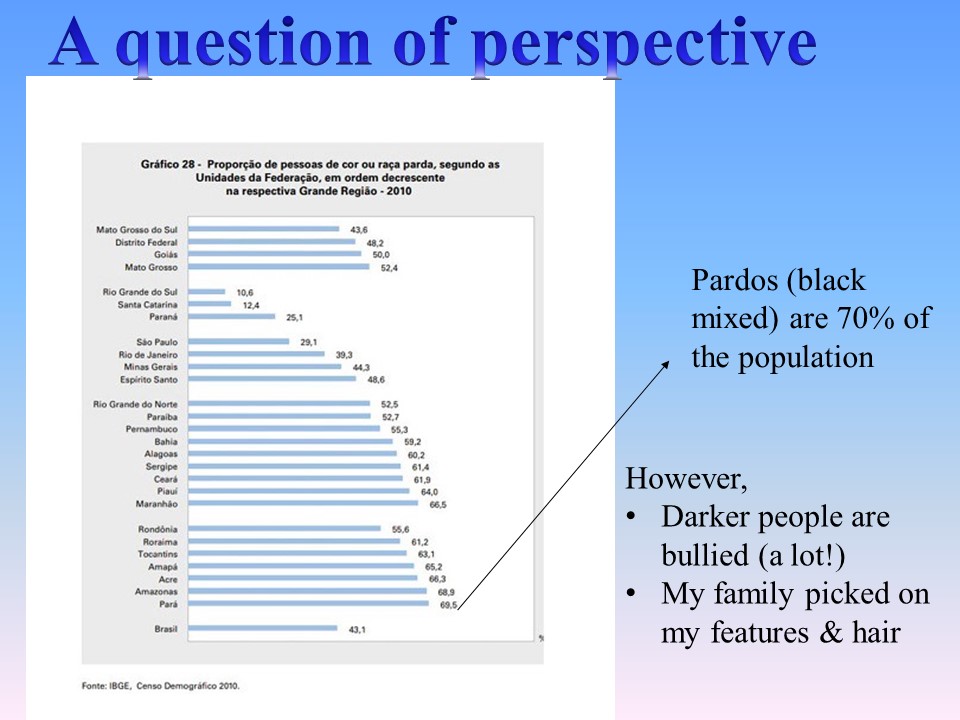
The @EPSRC report on gender and funding reveals that while women apply for smaller grants than men at every level, there are few clear patterns in what specific things they ask for less of, except for one point: women ask for less money for new equipment.
epsrc.ukri.org/files/aboutus/…
epsrc.ukri.org/files/aboutus/…
There’s been no investigation of the reasons for this yet, but we can make a hypothesis, based on one specific feature of the EPSRC application process: the EPSRC currently only fund 50% of most equipment requests, with Universities having to make up the other 50%.
Given we regularly see women complaining of institutional gatekeeping and a lack of university support for their applications, we hypothesise that getting the required commitment of Uni funding for 50% of a large piece of equipment is more difficult for women than men.
Women within TIGERS report that they either don’t succeed in obtaining such a commitment or have stopped bothering to even try.
Because equipment funding is difficult to access, women have to think round the problem, and find other ways to get their research done - e.g. accessing shared equipment, or building collaborations.
(That’s presumably made more difficult by the fact that women find it harder to build networks than men in a male dominated world - see for example work from @bestqualitycrab on the Australian research ecosystem: debverhoeven.com/australian-res…)
So when women get their grants, they have to work harder to get their research done, using the lower budgets available to them, whilst still stuck with more teaching, administration etc than men. This will have long term career impacts.
Of course this is only a hypothesis, and one which we hope will receive further investigation. Here’s a question for @EPSRC, arising from this hypothesis: Did the policy to only provide 50% funding for equipment undergo an equality impact assessment? If so, can we see a copy?
Do you have experience of applying for funding for equipment affected by this 50% rule? Do you think your race, gender or other protected characteristic affected your access to the required support? #TellTheTiger
(Also, here’s a reminder that if you want to help EPSRC understand these issues, you can fill in their survey here: Please give them the benefit of your experience, whatever your gender: surveymonkey.co.uk/r/KGN98VK )
• • •
Missing some Tweet in this thread? You can try to
force a refresh





